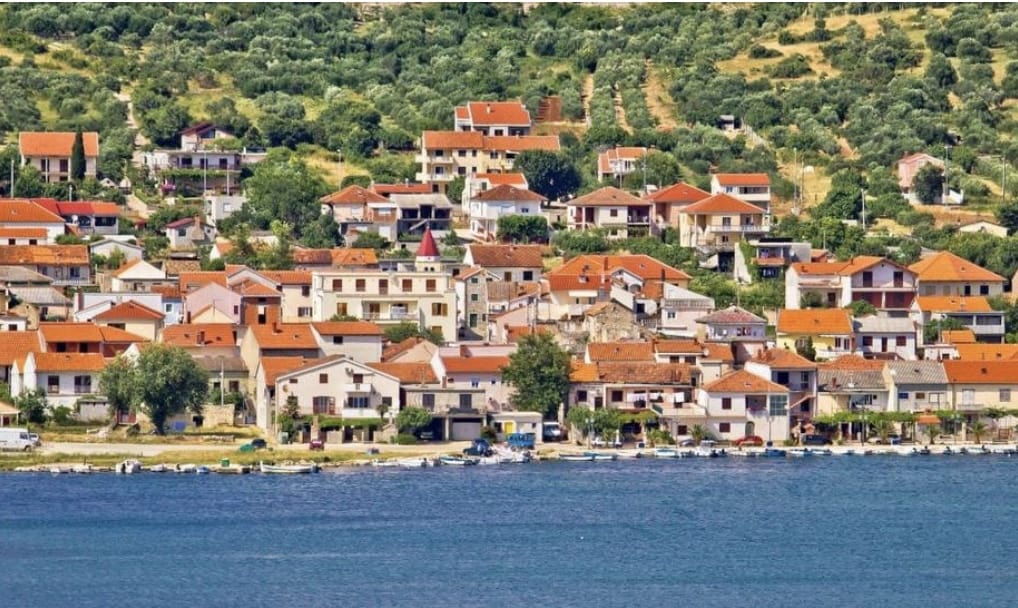Buying real estate in Croatia involves certain taxes and fees that need to be taken into consideration. Here are the main taxes and fees associated with purchasing real estate in Croatia:
- Real Estate Transfer Tax (RETT): The buyer is responsible for paying the RETT, which is currently set at 3% of the property’s assessed value. This tax is paid to the Tax Administration within 30 days of signing the purchase agreement.
- Value Added Tax (VAT): In certain cases, VAT may be applicable instead of RETT. For newly built properties or properties that have undergone substantial renovation, VAT of 25% is usually levied on the purchase price. However, VAT does not apply to the purchase of existing properties or properties designated for residential purposes.
- Notary Fees: Notary fees in Croatia are based on the property’s value and the complexity of the transaction. They typically range from 0.5% to 1% of the property’s value.
- Property Ownership Registration Fee: This fee covers the registration of the property in the land registry. It amounts to approximately 0.01% of the property’s value.
- Legal and Administrative Fees: Engaging the services of a lawyer or a real estate agent may involve additional fees, which vary depending on the scope of their assistance.
It’s important to note that these taxes and fees are subject to change, and it’s recommended to consult with a local legal professional or a real estate expert to get accurate and up-to-date information regarding the specific property you intend to purchase. Additionally, foreign buyers may have certain restrictions or requirements to fulfill, so it’s advisable to familiarize yourself with the relevant regulations and procedures when purchasing real estate in Croatia.













